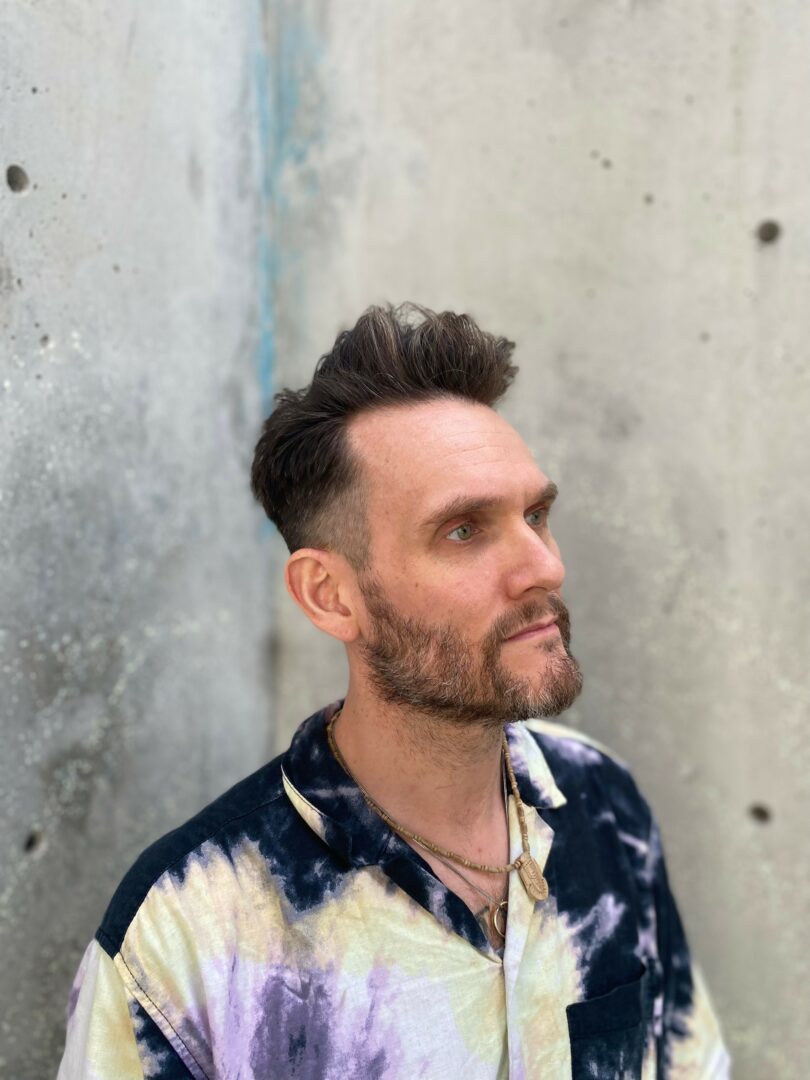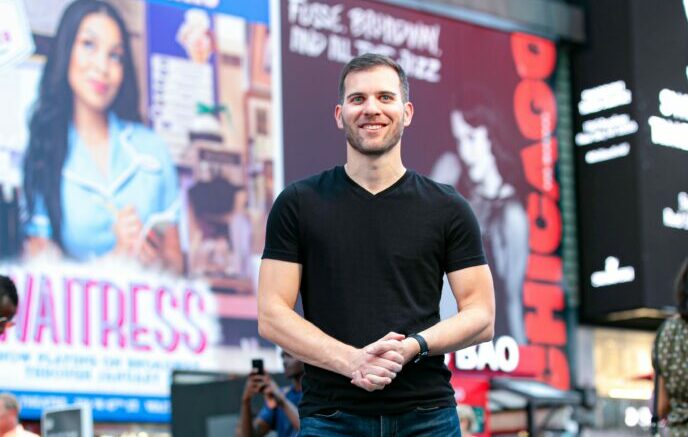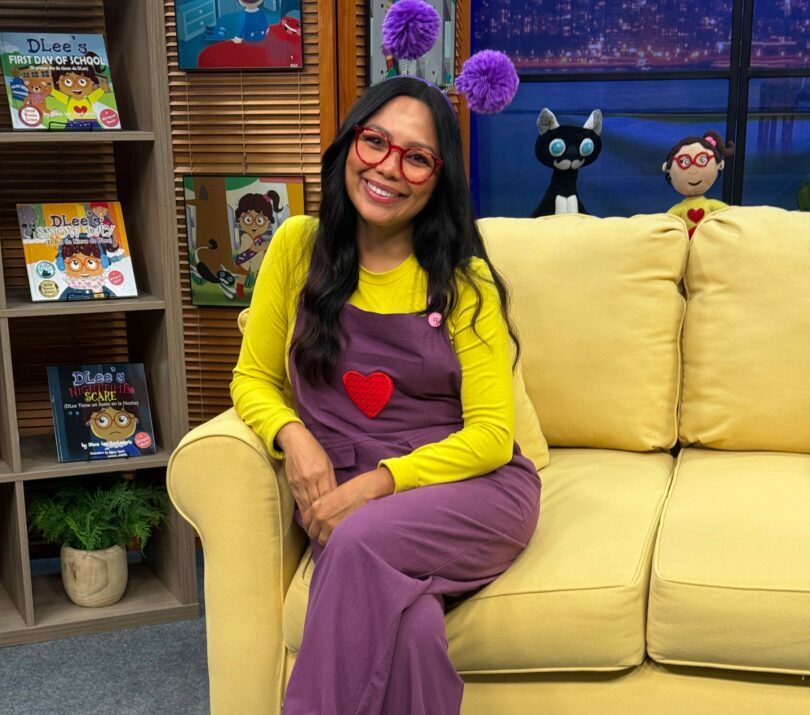We recently connected with William Van Rooy and have shared our conversation below.
William, so great to be with you and I think a lot of folks are going to benefit from hearing your story and lessons and wisdom. Imposter Syndrome is something that we know how words to describe, but it’s something that has held people back forever and so we’re really interested to hear about your story and how you overcame imposter syndrome.
I think there are a lot of creative people (myself included) who never fully “overcome” imposter syndrome. At some point there is always a little voice in the back of head telling me I don’t know what I’m doing and I definitely shouldn’t be getting paid to do it.. It definitely gets less over time, with experience, but I know people with wildly successful careers in the arts who still have that gnawing feeling of “I don’t deserve to be here.”
For me personally, whenever I start to doubt myself I think about the people who helped get me to where I am today, my bosses, my teachers, and mentors. When I was still an assistant and about to do my final presentation at work I called my boss late at night and told her “I don’t think I’m good at this, I’m just gonna quit and stop wasting everyone’s time.” Her response was raucous laughter and she said “Do you think we would have let you get to this point if you didn’t know what you were doing? Do you trust that I know what I’m doing? Go to bed, I’ll see you in the morning. You are not allowed to quit. Get over it.” which really interrupted my negative thought process and gave me some outside perspective.
Being an educator and sharing what I know with other people has really helped as well. Over half of the stylists in the salon where I work were my students at one point or another and I am able to look at how successful they have become and think “If I didn’t know what I was doing how was I able to show them what to do?”
It’s really just a daily practice, when I feel overwhelmed or underprepared for something I just trust that the support system around me and try to remind myself that if I didn’t know what I was doing there is no way they would let me keep doing it.
It’s funny, even when I was approached to do this interview my initial reaction was something like “me? really? are you sure you have the right person?”


Great, so let’s take a few minutes and cover your story. What should folks know about you and what you do?
Very simply, I cut and color hair. It is a career I fell into in my late 20s after trying out a career as a software developer and hating about it about half the time, and i really fell in love with the craft. Even if i never had to work another day in my life, I am pretty sure I would still be cutting and coloring hair.
Having a background in math and science, I really latched on to the geometric aspects of hair, I got my initial training at the Vidal Sassoon Academy in Santa Monica, CA and their structured and well laid out approach to hair really resonated with me. Their philosophy that haircuts should be as wash and wear as possible has really stuck with me through my career and I like knowing that my clients are going to look good whether they ran out the door with wet hair or took the time to blowdry and iron.
Aside from what I actually do physically at work, I provide people a quiet moment to escape whatever is going on in their lives, whether they want to come in and just have some quiet personal time or chat about what’s going on in their lives.
At the salon, I am also a cutting instructor. I’ve been working with brand new stylists for well 15 or so years. Teaching them the fundamentals and watching them grow has really been great. There are stylists all over the city who were my students at one point or another and I really love seeing how successful they have become. Over half the stylists at luxelab, where i work, started off as my students and I get to watch all of them do beautiful work every day. It’s a really great feeling.
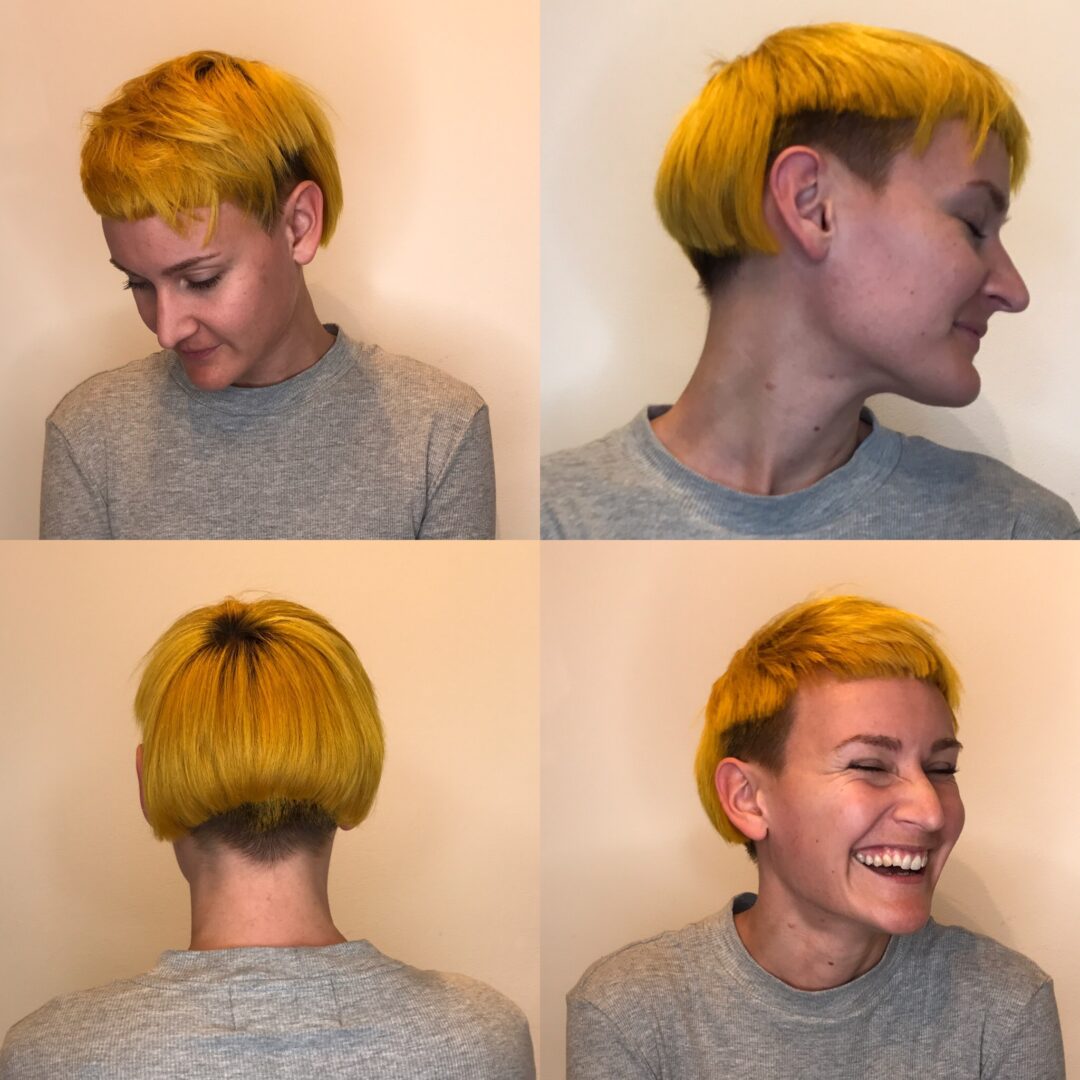

Looking back, what do you think were the three qualities, skills, or areas of knowledge that were most impactful in your journey? What advice do you have for folks who are early in their journey in terms of how they can best develop or improve on these?
The number one most important thing that helped contribute to my success is my family, something completely out of my hands. My parents were able to put me through school at Sassoon and give me a place to live, i am insanely grateful for it and acutely aware of how fortunate I am.
My love for learning and my curiosity has also really helped. Coming from a programming background, I was used to taking deep dives into understanding whatever i was doing, whether it’s perfecting a cutting technique or understanding the science behind color. This nerdy passion for learning allows me to keep growing my skillset and delivering the best results for my clients. Earlier in my career this was a lot harder because I either had to buy an expensive DVD set, take time off work and go to a $3000 class somewhere, or grab a doll head and try to figure it out myself. Now there are countless hours of education (both free and reasonably priced) available instantly, I really envy younger hairdressers coming up who have all this amazing information at their fingertips so early on.
Being able to build meaningful connections with a variety of people while staying authentic has been a another helpfuk skill.. Every client is different, and being able to adapt my communication style to make them feel comfortable and understood – without losing my own personality – has helped me to create strong relationships and provide a personalized experience. Never compromise who you are, but know when and where to pick your battles.
The ability to collaborate and interpret is a vital skill in hairdressing. Sometimes, clients come in with inspiration photos that are completely unrealistic for their hair type, while others have no idea what they want. Being able to present options or alternatives tailored to their needs is essential. Additionally, clients tend to describe their hair in ways that differ significantly from a hairdresser’s technical perspective. The key is to listen carefully, translate their input into technical terms, and then reflect it back to them in a way they can understand. Suggesting more suitable alternatives when needed helps establish trust and ensures the client feels confident in your expertise.
Equally important is having the confidence to say “no” to a request that might cause significant damage to their hair or be too high-maintenance for their lifestyle. Developing this level of skill, confidence, and judgment comes with time and experience, but it’s what sets a professional apart and builds long-term client relationships.
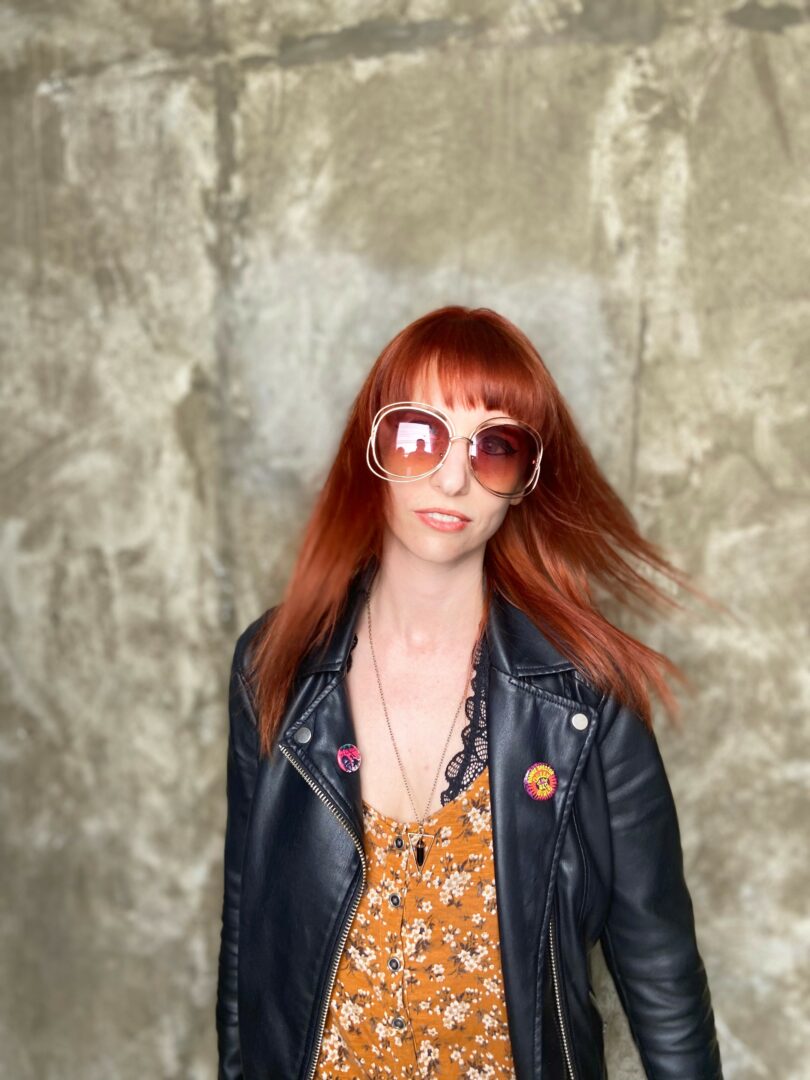
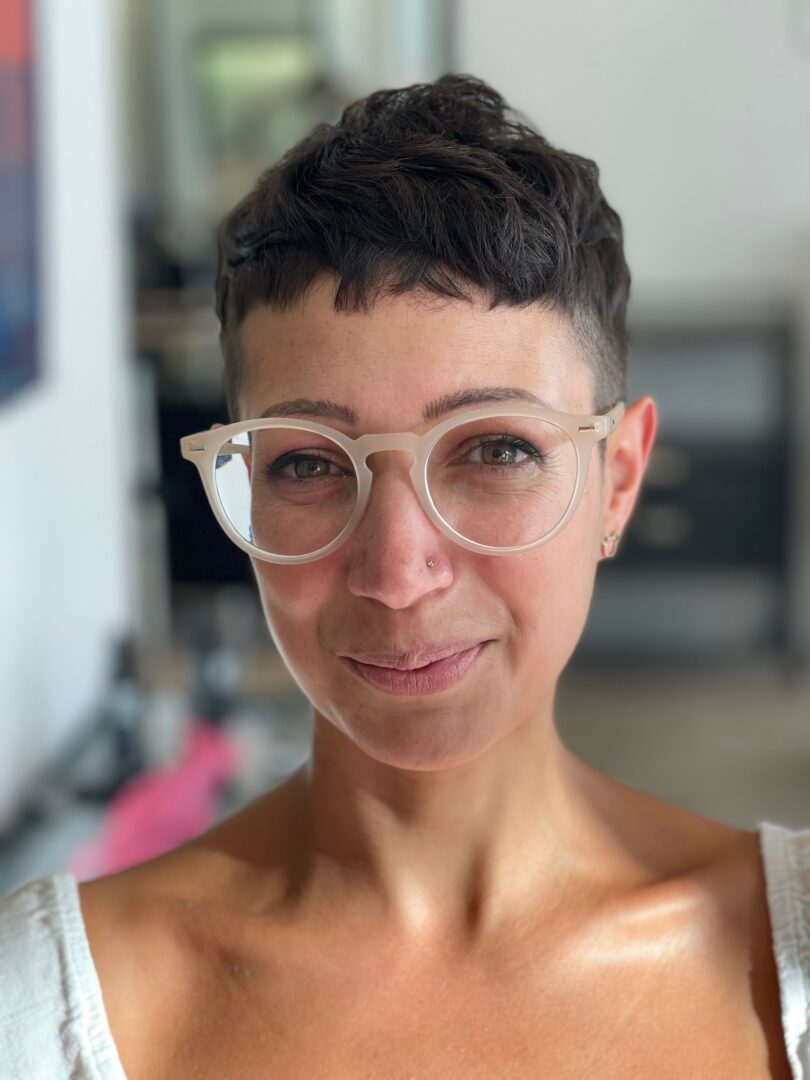
Alright so to wrap up, who deserves credit for helping you overcome challenges or build some of the essential skills you’ve needed?
It’s really tough to choose just one person because so many people have influenced my life. My parents, sisters, bosses, mentors, and best friends have all played important roles. But my sister Kathy has probably made the biggest difference. She’s always been there for me, giving me honest advice without sugarcoating anything. When I start overthinking things, she’s great at reminding me to just take a breath. No matter what, she’s still the first person I reach out to for advice on almost anything. She’s helped me be better with my money and has always encouraged me to be true to myself.
Contact Info:
- Website: https://www.luxelab.com
- Instagram: https://www.instagram.com/billyatluxelab/
- Facebook: https://www.facebook.com/BillyAtLuxelab
- Soundcloud: https://soundcloud.com/user-827394296
- Other: https://balaandthebear.bandcamp.com/
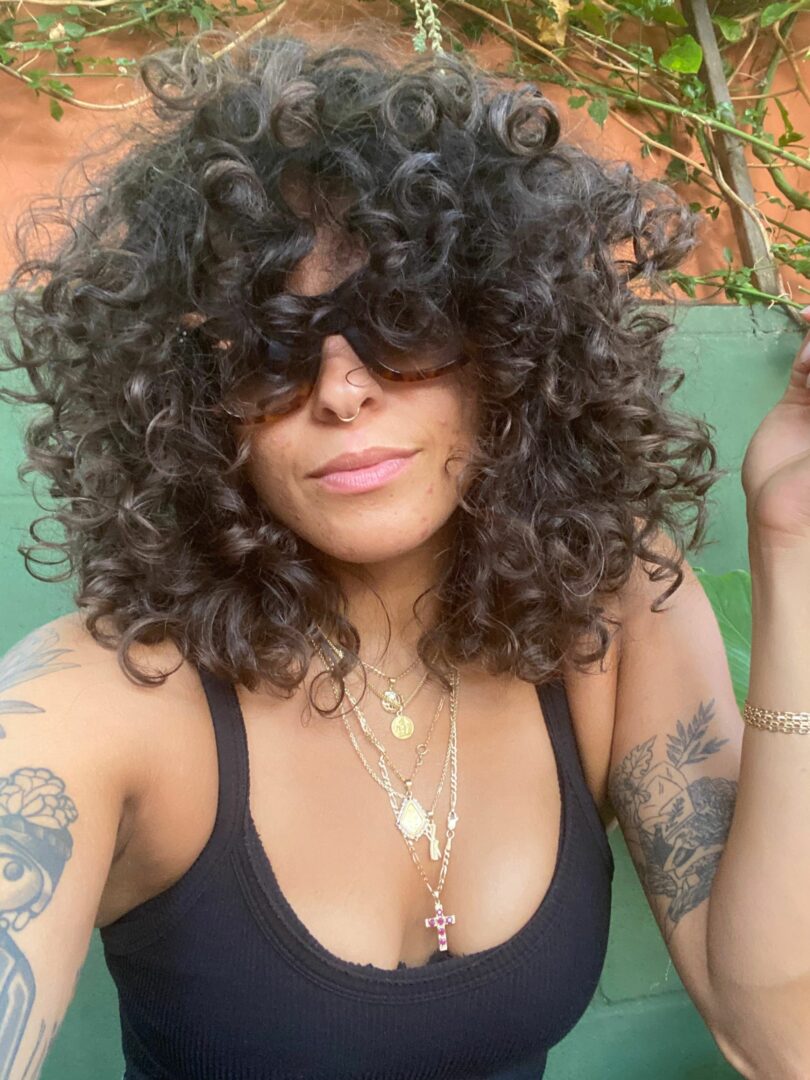
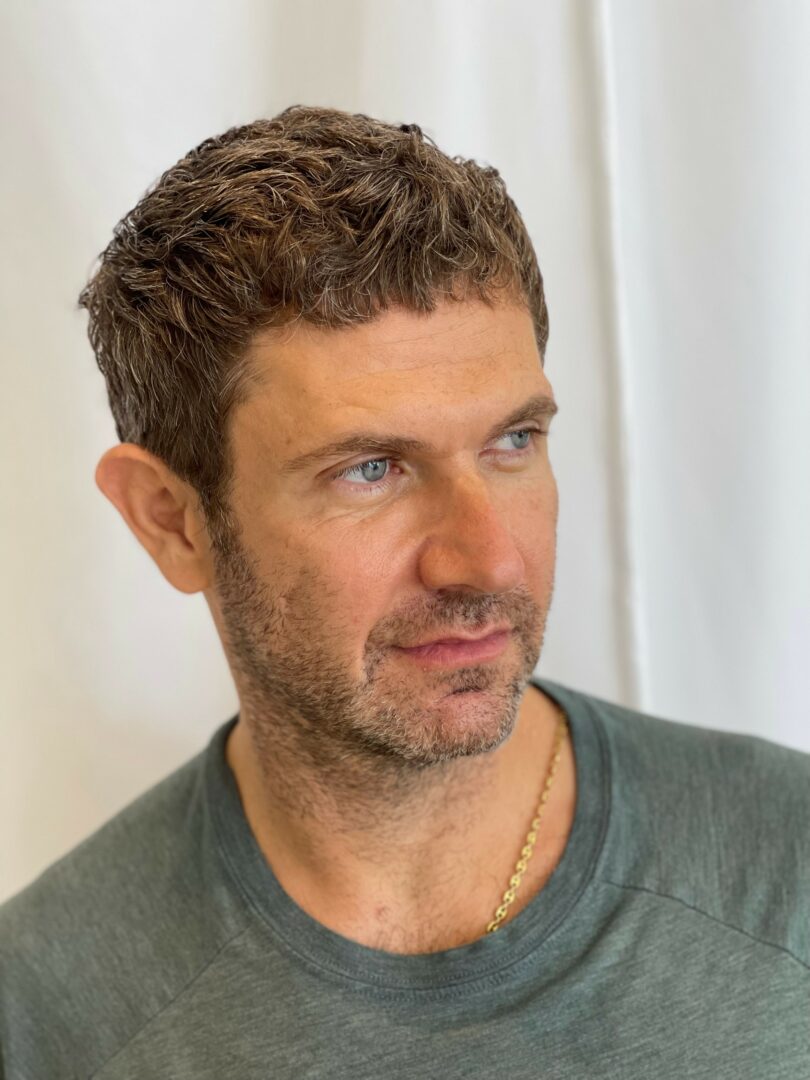
so if you or someone you know deserves recognition please let us know here.

